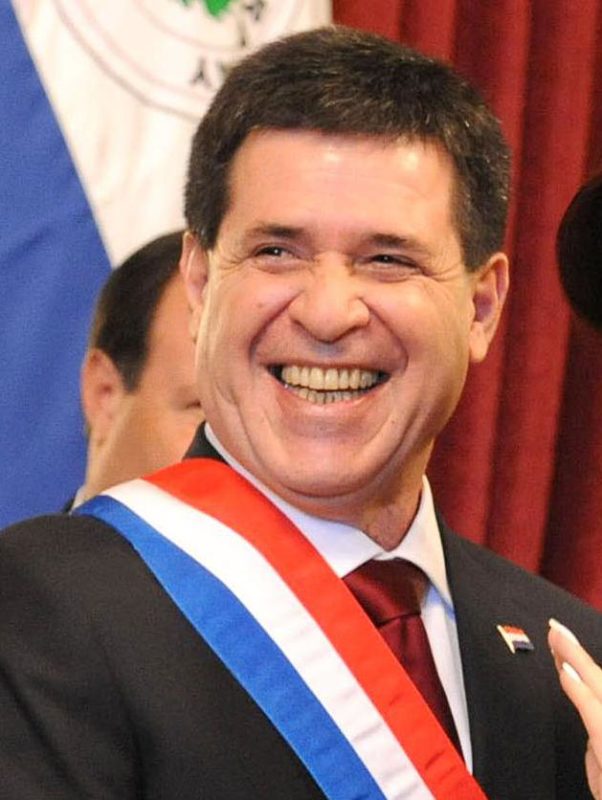
Through an official statement, the US State Department announced the “public designation” of former Paraguayan President Horacio Cartes (2013-2018), being declared as “significantly corrupt”, banning him and his family from entering the United States.
Secretary of State Antony Blinken charges that Cartes “obstructed a major international transnational crime investigation to protect himself and his criminal partner from potential prosecution and political harm,” which “undermined the stability of Paraguay’s democratic institutions by contributing to the public perception of corruption and impunity within the office of the Paraguayan president.” He further notes that a transnational crime investigation involving one of his associates. “This allowed Horacio Cartes to continue participating in corrupt activities, including his ties with terrorist organizations and other entities sanctioned by the United States.”
It was also warned that this will not be the last appointment in Paraguay. The designation of Cartes, as well as the recent extradition of the Lebanese-born Brazilian Kassem Mohamad Hijazi and the support for the anti-drug and anti-money laundering operation “A Ultraza PY”, are examples of the “continued support” of the US for the Paraguayan fight against corruption and criminal activity.
It is worth noting that, last January, Cartes was denounced before Paraguay’s Secretariat for the Prevention of Money Laundering (Seprelad) for “money laundering, illicit enrichment, and false declaration”, according to the then Paraguayan Minister of the Interior, Arnaldo Giuzzio, who signed the accusation in his capacity and not as a member of the government of President Mario Abdo Benítez.
Giuzzio accuses “the existence of a set of facts and situations that could constitute indications of the commission of punishable acts of laundering of contraband money and illicit enrichment in public office and other related crimes”.
Cartes is the owner, among others, of Tabacalera del Este (Tabesa), which last May sent a cargo of cigarettes to Aruba in a Venezuelan-Iranian plane investigated in Argentina for alleged international terrorism. For its part, Tabesa ruled out any connection with that plane, indicating that the final buyer was in charge of hiring a broker and obtaining the aircraft.














